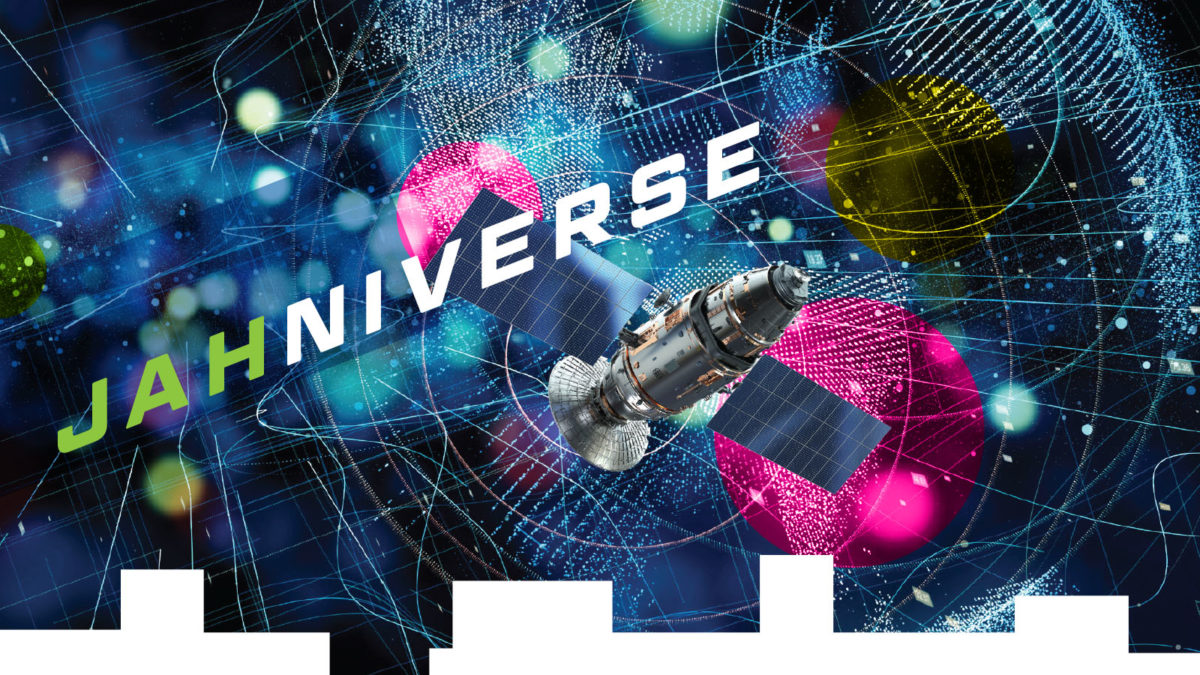Why we welcome refugees
By Moriba Jah|October 2021
The world faces multiple crises, one of them being the fall of the government in Afghanistan and the exodus of hundreds of thousands of people seeking safety and refuge. Some pundits and observers in the United States will no doubt cast this mass exodus as a burden to Western nations, including ours, and at worst a national security threat. I know that not everyone’s arms will be open here in America, but our government’s history of welcoming refugees and immigrants, even in the face of discrimination and racism, is long and strong. We will come to see this tragic chapter in the history of Afghanistan as one that also freed thousands of Afghans to discover and pursue their aspirations. Some will pursue arts and literature or technical fields, including aerospace. Some will help defuse future global crises, whether those stem from climate change, terrorism or issues of war and peace among nations.
Why am I so confident about this small solace in the face of so much upheaval? Because of my own history as a child of immigrants to the United States. My story, and those of the arriving Afghans, can only be possible here. That is not to suggest that life will be easy or devoid of twists and turns for the refugees. It wasn’t for me.
A girl immigrated to the United States from Haiti at 17 and met a man from Sierra Leone in San Francisco. I was a consequence of their meeting. Marriage ensued, and as with many marriages, theirs failed. I was just 2. Four years later, my mother and I relocated to Venezuela. As I grew, my relationship with my Venezuelan stepfather strained, and this led me to a military boarding school in Venezuela. I graduated at 17 and came back to the United States, feeling like an immigrant, although I was a citizen by birth.
I enlisted in the U.S. Air Force and found myself guarding intercontinental ballistic missiles at Malmstrom Air Force Base in Montana as a security policeman and defender. I would frequently notice dots of light moving steadily across the night sky. These were, of course, satellites and rocket bodies that humans had launched into Earth orbit. This memory came to my mind when I saw events unfolding in Afghanistan. What moments of inspiration like this might lie ahead for those lucky enough to find freedom here? Back at Malmstrom, I decided to leave the military to go to college so I could learn about space objects and the forces that motivated their celestial dance. My self-discipline gave me the confidence to take on the science of astrodynamics, but my Air Force commander did not want me to leave. When I declined to sign my re-enlistment papers, he said, “Mark my words: If you leave the military you will amount to nothing and will be living in a cardboard box under a bridge.” Words from a fellow defender gave me the courage to say goodbye: “Don’t let anyone’s opinion of you become your reality.”
There will surely be trying moments for the refugees, perhaps nothing like in Afghanistan. I moved to Daytona Beach, Florida, hoping to attend Embry-Riddle Aeronautical University but couldn’t get the financial aid to line up. Working as a security guard 16 hours a day except for Sundays, I found myself broke, in debt and literally foraging for food in dumpsters. My commander’s prophecy seemed to be coming true. I went back home to my mother and stepfather’s apartment in Caracas to regroup. I made another run at Embry-Riddle, and this time I went as an aerospace engineering student at the university’s campus in Prescott, Arizona. I proceeded to graduate school at the University of Colorado and go into professional astrodynamics at NASA’s Jet Propulsion Laboratory in California. This was followed by the Air Force Research Laboratory on Maui, which is where I truly came to understand what it means to be an American.
I was named a member of the United States delegation to the United Nations Committee On Peaceful Uses of Outer Space, in Vienna. I was in awe as I sat in a large room with the other international delegations. My parents were no longer living, but how I wished for them to see me. Looking around that room, I realized that the Chinese delegation looked very obviously Chinese. The Indian delegation, similarly. This continued until I looked to my left and right across the United States delegation. What does an American look like? Our last names were Latino, Asian, European, African and so on. We were proud of our heritages and yet we spoke with one voice: E Pluribus Unum. Within me, I heard Ray Charles singing “America the Beautiful.” I realized what it means to be American and how important a role our country plays in the world. We are humanity’s experiment in diversity as a form of strength, a strength derived by continually striving for perfect liberty. As flawed as America is, we walk with a courage that is best defined as the absence of paralysis in the presence of fear.
Anyone from around the globe is free to criticize America, and we must be accountable to the world, but the world has a vested interest in seeing America succeed. Afghans will be part of our success. They will discover that America is not a land of perfect fairness or equity or even justice, but it is a land where a beautiful life can become a reality.








